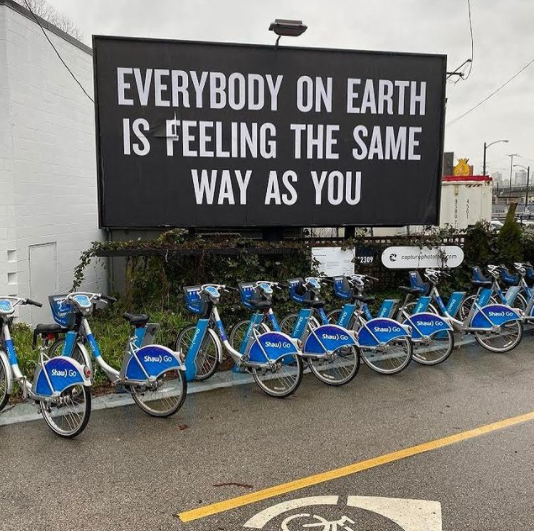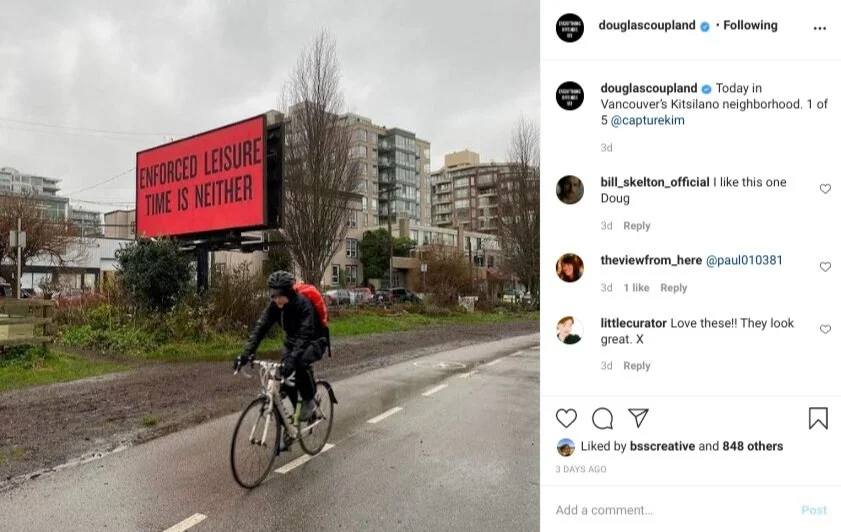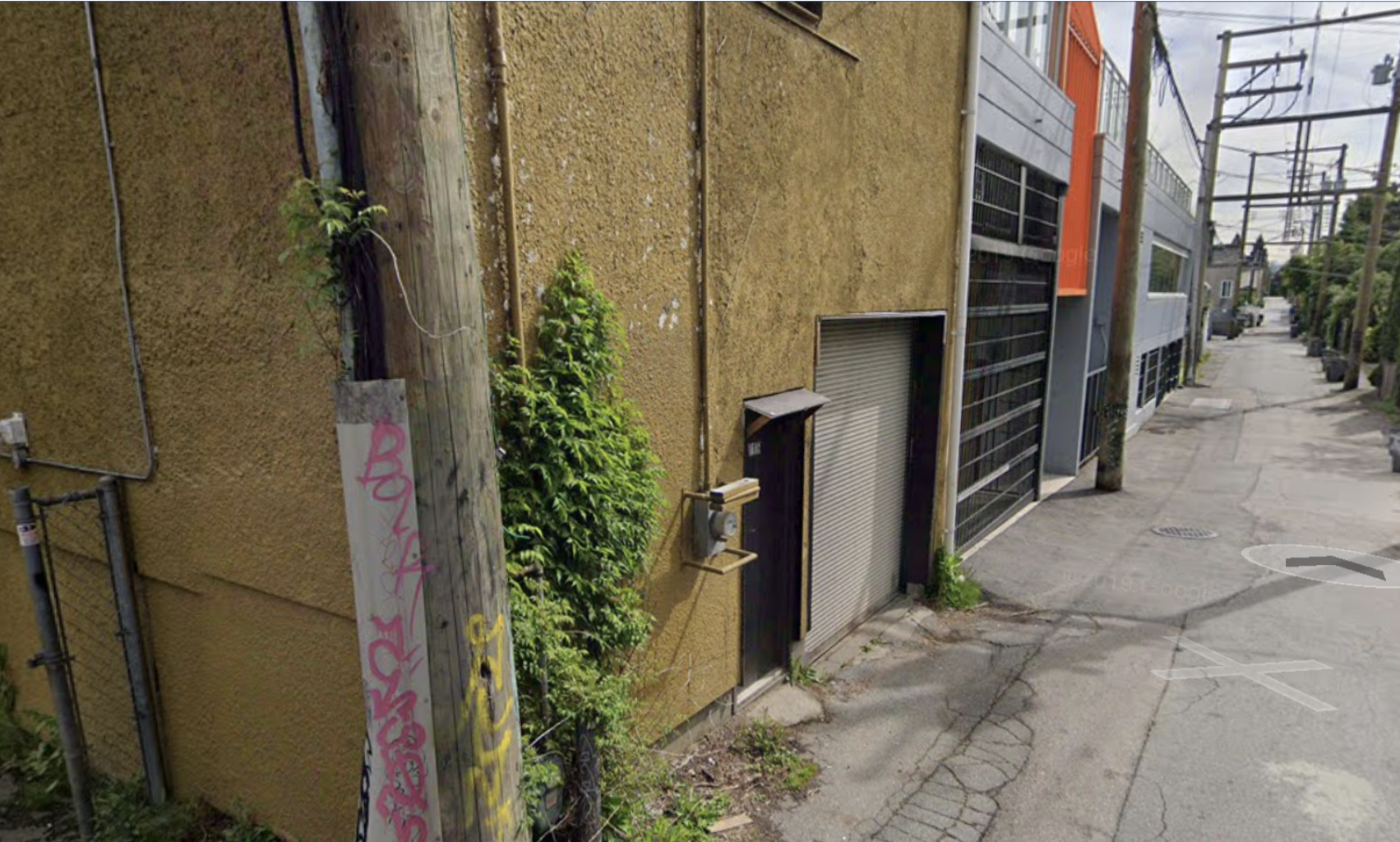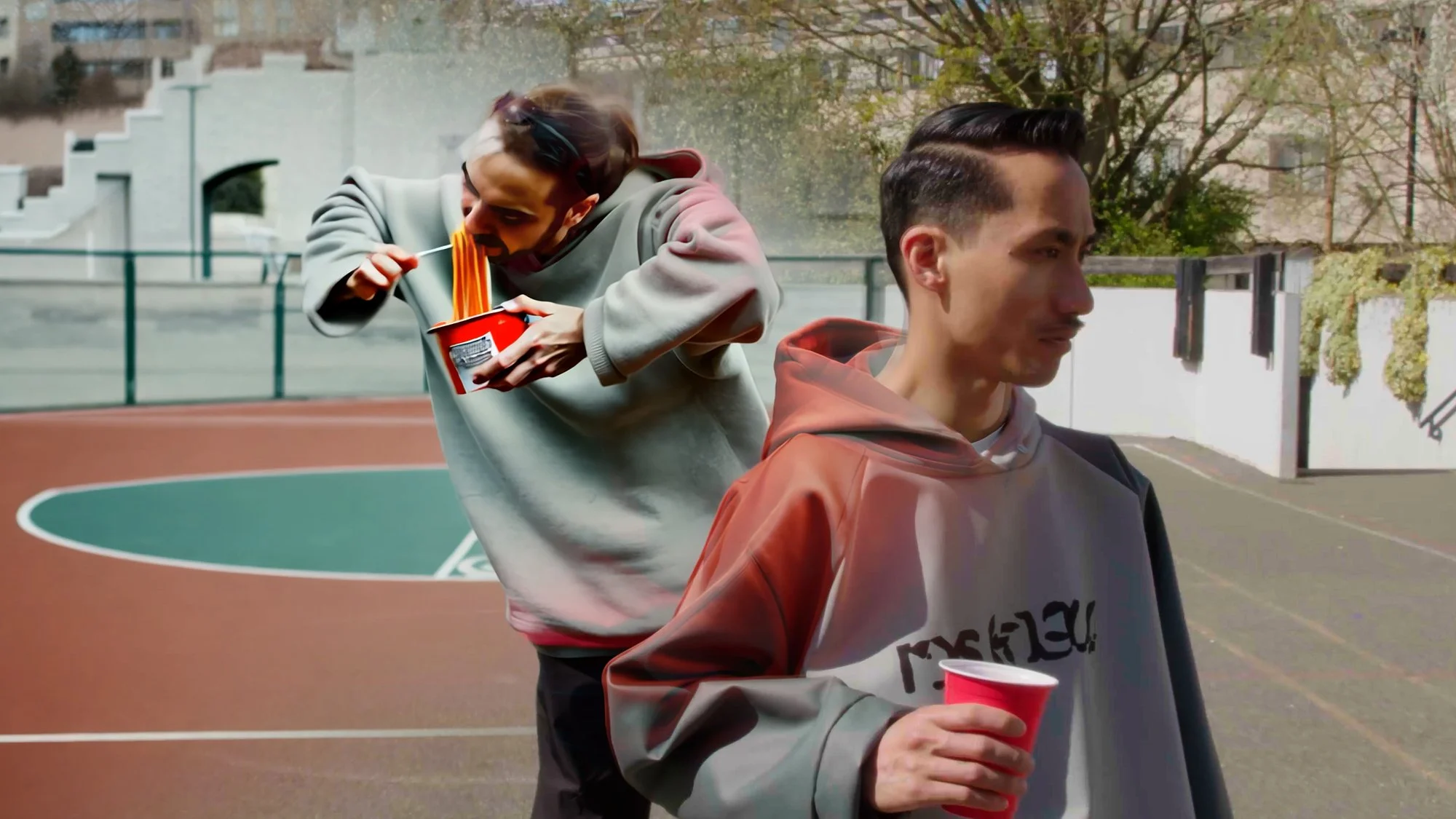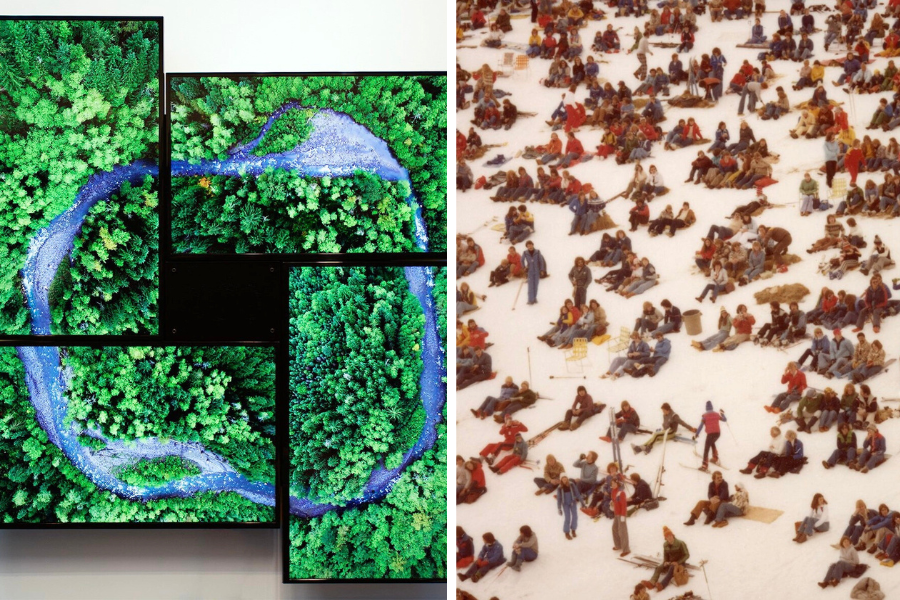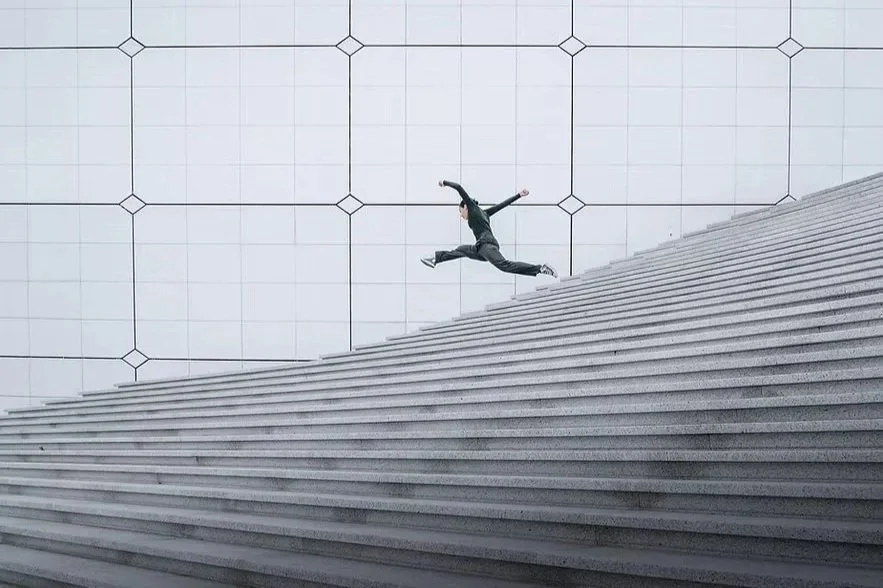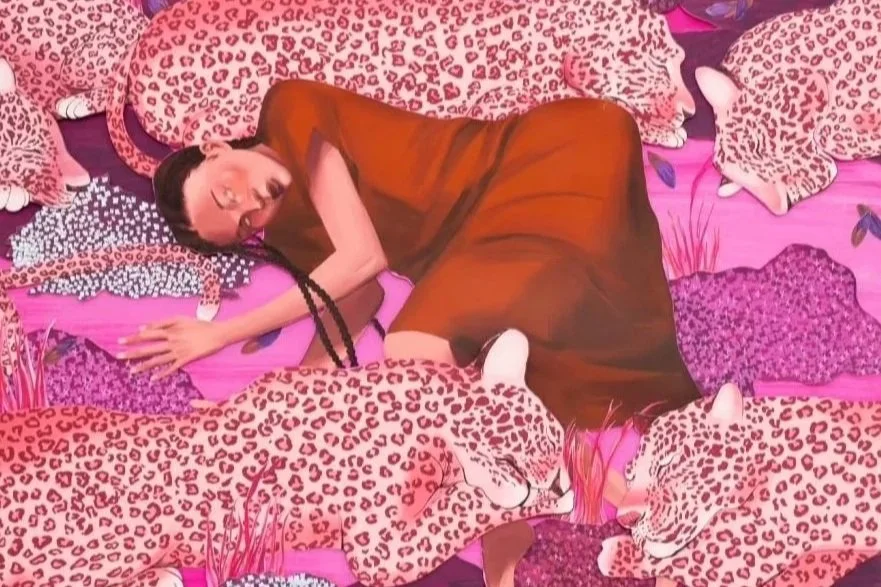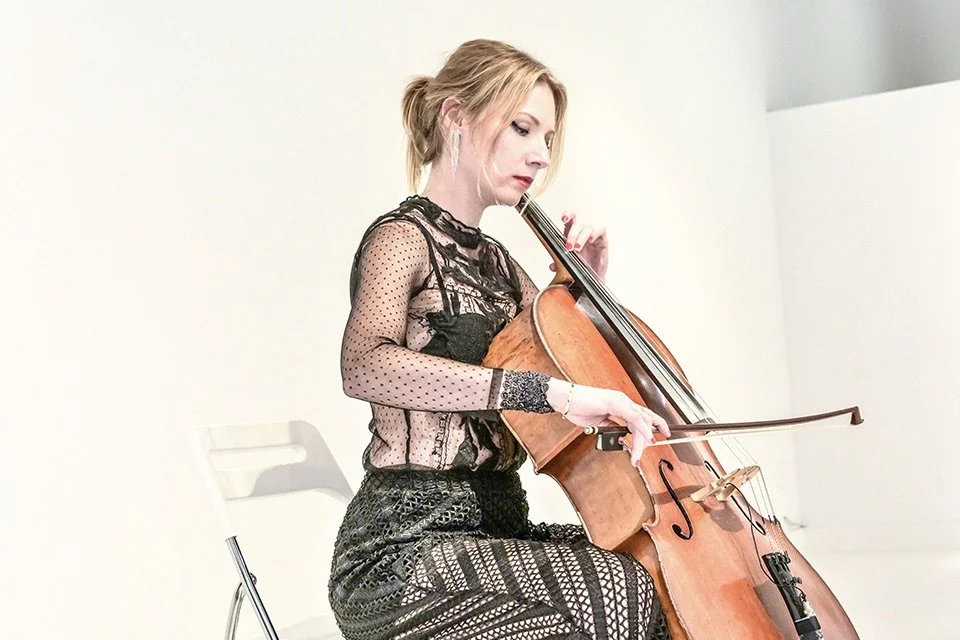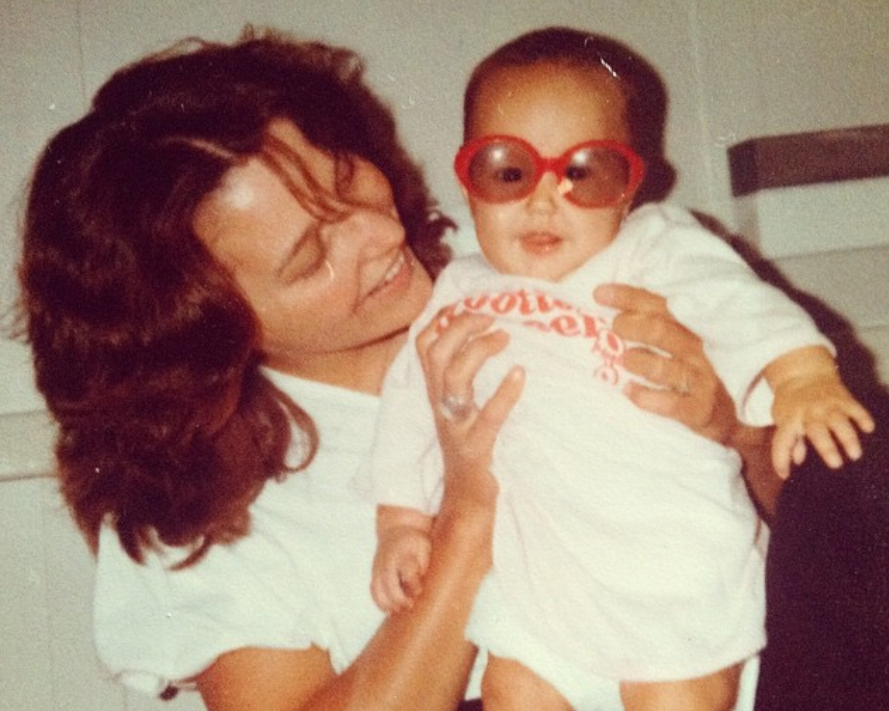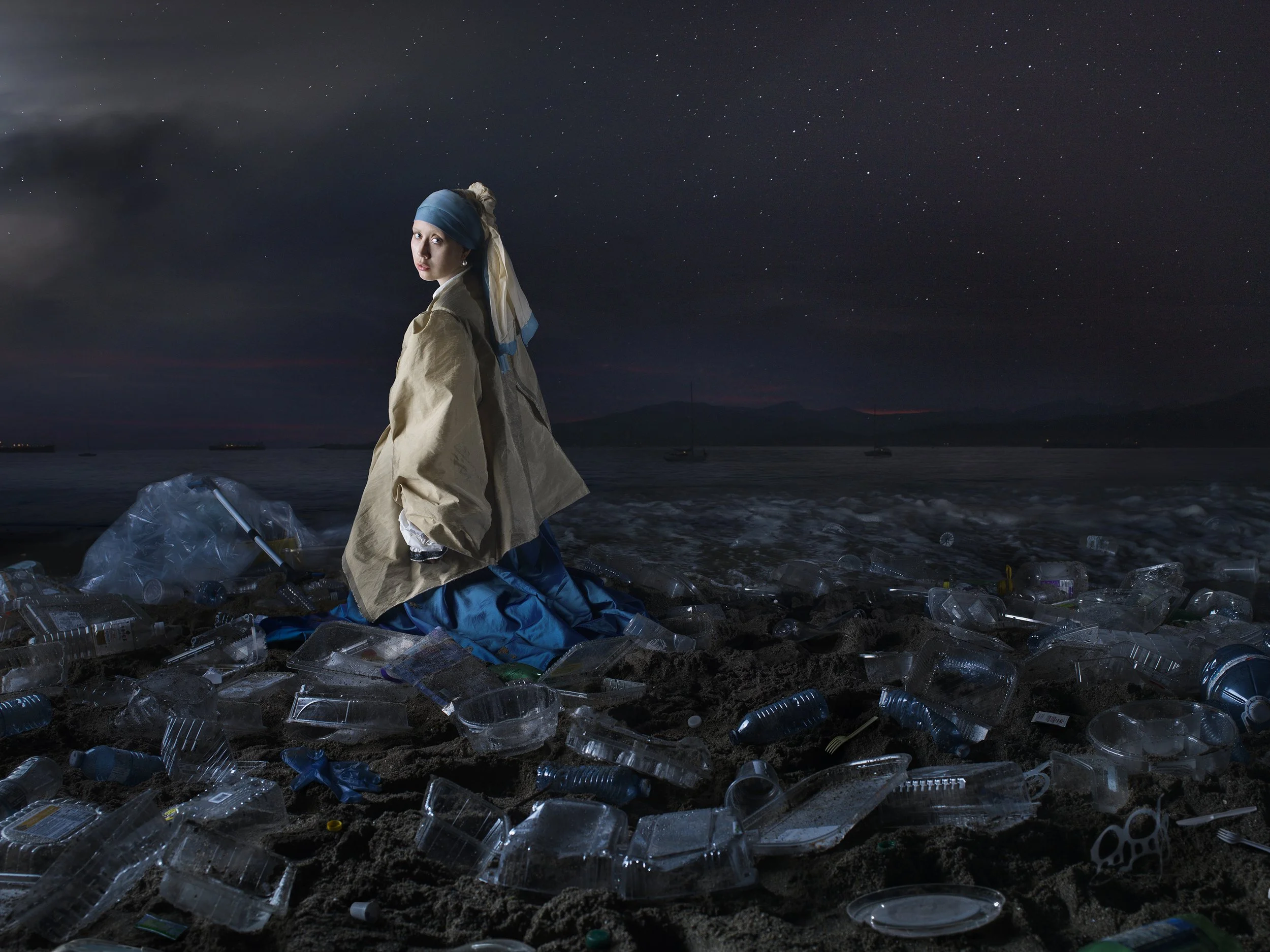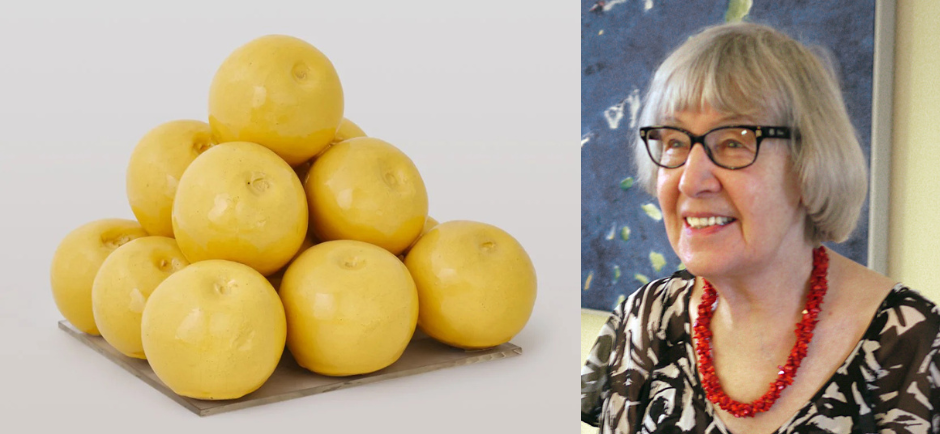Stir Cheat Sheet: 5 things you should know about Douglas Coupland's Slogans for the 21st Century project
Five new pop-up billboards in Kitsilano and along Arbutus Corridor speak directly to our times, but they’re an extension of a much larger project
The third of five installations that popped up in the new year. Photo from @douglascoupland
“ENFORCED LEISURE TIME IS NEITHER”. Those curious but relatable words greeted Kitsilano passersby on a bright-red billboard in the first week of January. It was the first in what would be five new signs to pop up in the ‘hood as part of writer and artist Douglas Coupland’s latest edition of Slogans for the 21st Century.
Their words speak directly to these uncertain, isolating pandemic times: “DOING NOTHING IS VERY DIFFERENT FROM HAVING NOTHING TO DO”, says one; “EVERYBODY ON EARTH IS FEELING THE SAME WAY AS YOU” reads another.
The billboards are just the latest installment of a decade-long project by the cultural commentator, whose high-profile public art includes Digital Orca, breaching by the Vancouver Convention Centre, and the bronze Terry Fox Memorial figures by BC Place. He’s best-known for defining a generation with his 1991 book Generation X; and these magnified Post-It-style missives may end up similarly defining those who lived through pandemic times.
Here are five things to know about his ongoing Slogans for the 21st Century project.
The slogan project began in 2011 as a series of posters to promote a Youtube event he was hosting at the then-hipster-magnet Waldorf Hotel. The block-letter aphorisms on boldly coloured backgrounds were plastered around the city, on everything from hoarding to telephone poles. All were inspired by the question, “What could I tell myself 10 years ago that would make no sense to that old ‘me’?” Among the most famous of those initial slogans was “I MISS MY INTERNET BRAIN.” And the subject of his Waldorf Youtube-surfing appearance? Marshall McLuhan.
The project has grown to encompass hundreds of slogans, relating to countless events that have shaken the world over the last decade. The works have appeared in museums from Tokyo and Shanghai to Basel and Copenhagen, laid out in colourful grids. The catchphrases have addressed everything from the environment to robotics (the latter in a show called Hello, Robot at Germany’s Vitra Design Museum).
In its huge 2014 retrospective of Coupland’s work, everywhere is anywhere is anything is everything (still on view virtually at Google arts and culture here), the Vancouver Art Gallery surrounded visitors with an entire room of the slogans. (They were collected from 2011 to 2014 and shown courtesy of the artist and Daniel Faria Gallery.) The sheer quantity of statements printed on bold backgrounds and laid out in grids on every wall was overwhelming. That effect was fitting for messages that alluded to all the staggering technological changes that had confronted a single generation. (“YOUR SENSE OF COMMUNITY IS NOW SOMETHING YOU VISIT AT 11:30 P.M. ON A WEBSITE” read one.) Eerily, the VAG’s accompanying wall text said Coupland’s words were “hinting at even more dramatic changes to come”. Hello, 2020.
The original gridlike layouts of Coupland’s slogans on gallery walls resembled Instagram posts. Not surprisingly, they’ve taken on a new life on the social-media platform. During 2020, the artist has been posting all-caps missives that speak directly to pandemic times, in ways that are sardonically funny, avuncular and empathetic, and profoundly moving—often at the same time. The recent “MOST CAUTIOUS. OPTIMISM. EVER”, set against a blazing royal blue, captured our exact mixed feelings around unflattening curves and vaccine rollout.
The latest show of Slogans for the 21st Century was at Toronto’s Daniel Faria Gallery, which juxtaposed many of Coupland’s more COVID-related aphorisms. (“IT’S ALL HAPPENING FASTER THAN WE THOUGHT.” “EVERY DAY OF THE WEEK IS NOW SUNDAY.”) It just closed on January 1.


